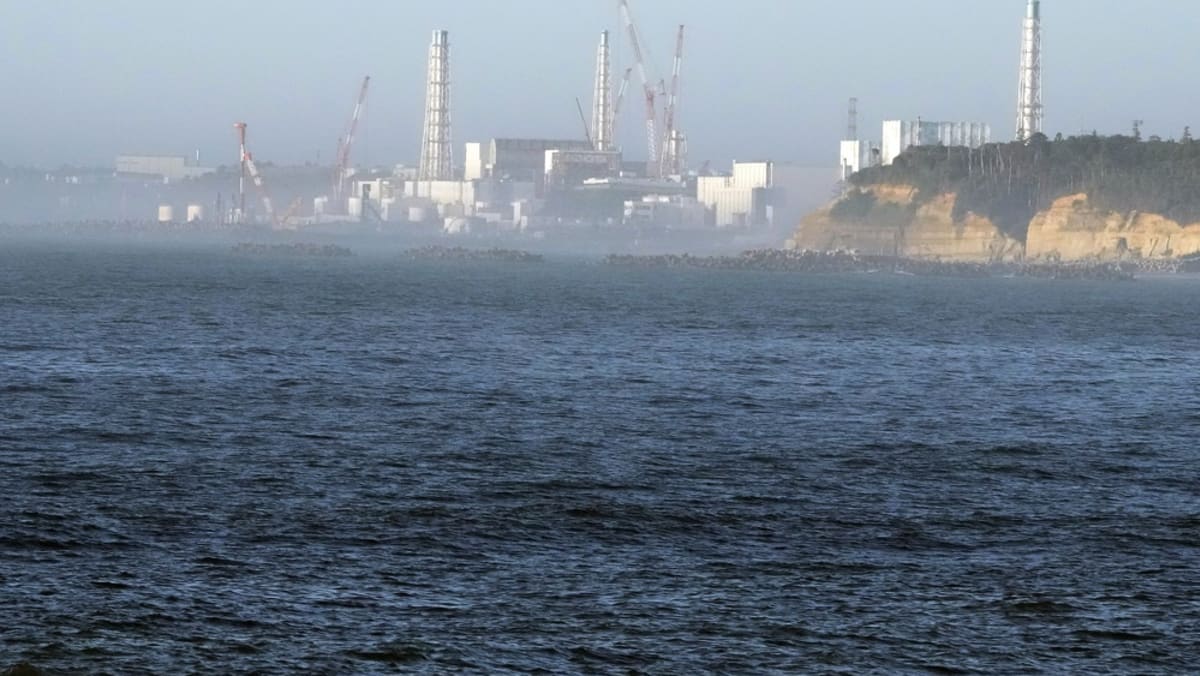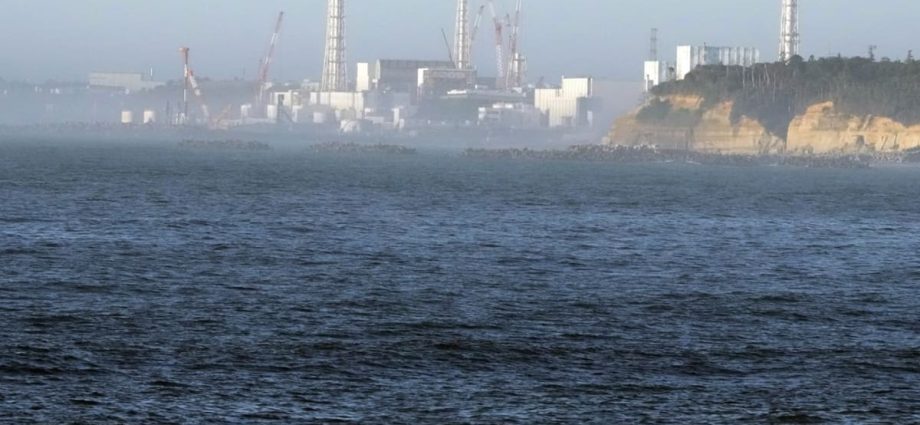
“It does sound like a bad thing to do, but it’s actually very safe, and the situation on the ground is that there’s no other genuine alternative. Lots of people like to suggest there are other options that the government could have taken, but if you’re putting on a realist hat, they are doing the best thing they can do, given a difficult situation,” he said.
However, Dr Tilman Ruff, the immediate past co-president of the International Physicians for the Prevention of Nuclear War, said he is “not reassured” on the process, noting that the IAEA’s has not given its explicit approval nor support.
“I think the most useful independent assessment has been conducted by several very well regarded international scientists in a scientific independent expert panel commissioned by the Pacific Islands Forum, who engaged in detail with the Japanese government, with Tepco, with the IAEA, and have written a number of very forthright and illuminating reports that make it clear that we really don’t know exactly what’s in all of those tanks,” he said.
He told CNA’s Asia First on Thursday that it remains unknown how well the purification system will work in removing radionuclides, other than tritium, from the many storage tanks.
ALTERNATIVES CONSIDERED
“We are essentially taking Japan on faith,” said Dr Ruff.
“And I have to disagree that the expert panel has put forward detailed options, as have a number of expert groups in Japan.”

